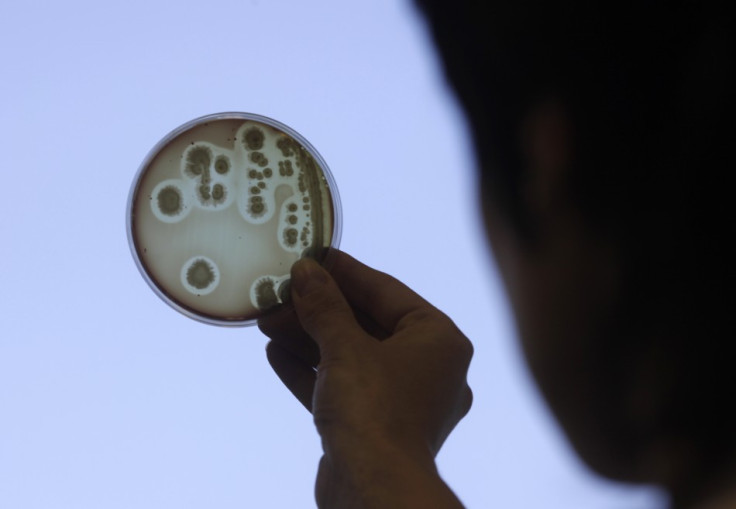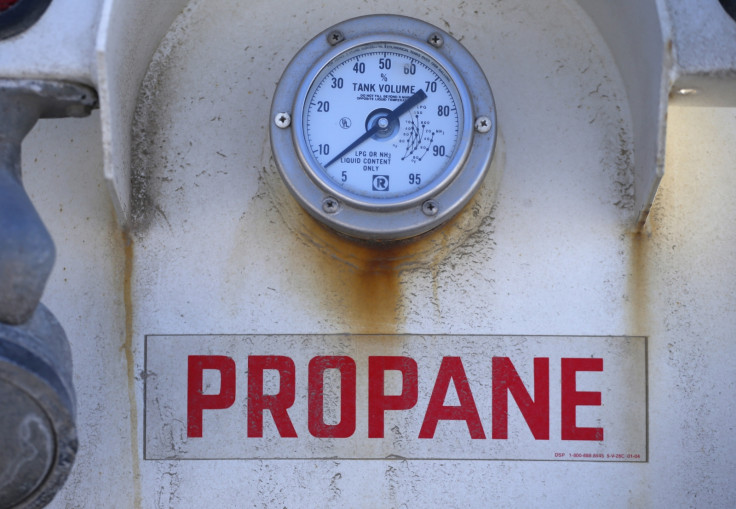Renewable Propane Made With Smelly E. coli 'Could be Alternative to Fossil Fuels'
Researchers engineer renewable propane fuel from harmless E. coli bacteria

E. coli could soon be used as an alternative to fossil fuels, after researchers used the harmless gut bacteria to engineer renewable propane.
While scientists at Imperial College London said their research is still in the early stages, the fuel they have produced so far is ready to be used in an engine immediately.
Propane is a source of cleaner fuel (liquefied petroleum gas, or LPG) that is already produced as a by-product during petroleum refining and natural gas processing. However, both of these sources are finite.
Patrik Jones, from Imperial, said: "Although this research is at a very early stage, our proof-of-concept study provides a method for renewable production of a fuel that previously was only accessible from fossil reserves. Although we have only produced tiny amounts so far, the fuel we have produced is ready to be used in an engine straight away.
"This opens up possibilities for future sustainable production of renewable fuels that at first could complement, and thereafter replace fossil fuels like diesel, petrol, natural gas and jet fuel."
Turning fat into fuel
Published in the journal Nature Communications, researchers from Imperial and the University of Turku in Finland used E. coli to interrupt the process that turns fatty acids into cell membranes.
By stopping the process early, they were able to remove butyric acid – a foul-smelling compound – that is a precursor to propane production. The fatty acids were channelled along a different pathway, so the bacteria made renewable propane instead of cell membranes.

Propane was targeted because it can escape the cell as gas and needs little energy to transform it into a liquid that can be transported, stored and used.
Jones said: "Fossil fuels are a finite resource and as our population continues to grow we are going to have to come up with new ways to meet increasing energy demands. It is a substantial challenge, however, to develop a renewable process that is low-cost and economically sustainable.
"At the moment algae can be used to make biodiesel, but it is not commercially viable, as harvesting and processing requires a lot of energy and money. So we chose propane because it can be separated from the natural process with minimal energy, and it will be compatible with the existing infrastructure for easy use."
At present, the level of propane being produced is 1,000 times less than required to commercialise the product, so scientists are looking to refine the synthetic process to increase production. Jones said he hopes to be producing enough to be commercial in the next five to 10 years.
Writing in The Conversation, he added: "Converting renewable energy into electricity is one thing; converting it into fuel is quite another. The vast majority of global energy demand is for fuel, and a renewable source could help us heat our houses and travel efficiently long into the future. It might even mean we could avoid the conflicts that will arise while competing for the last remaining fossil fuels."
© Copyright IBTimes 2024. All rights reserved.






